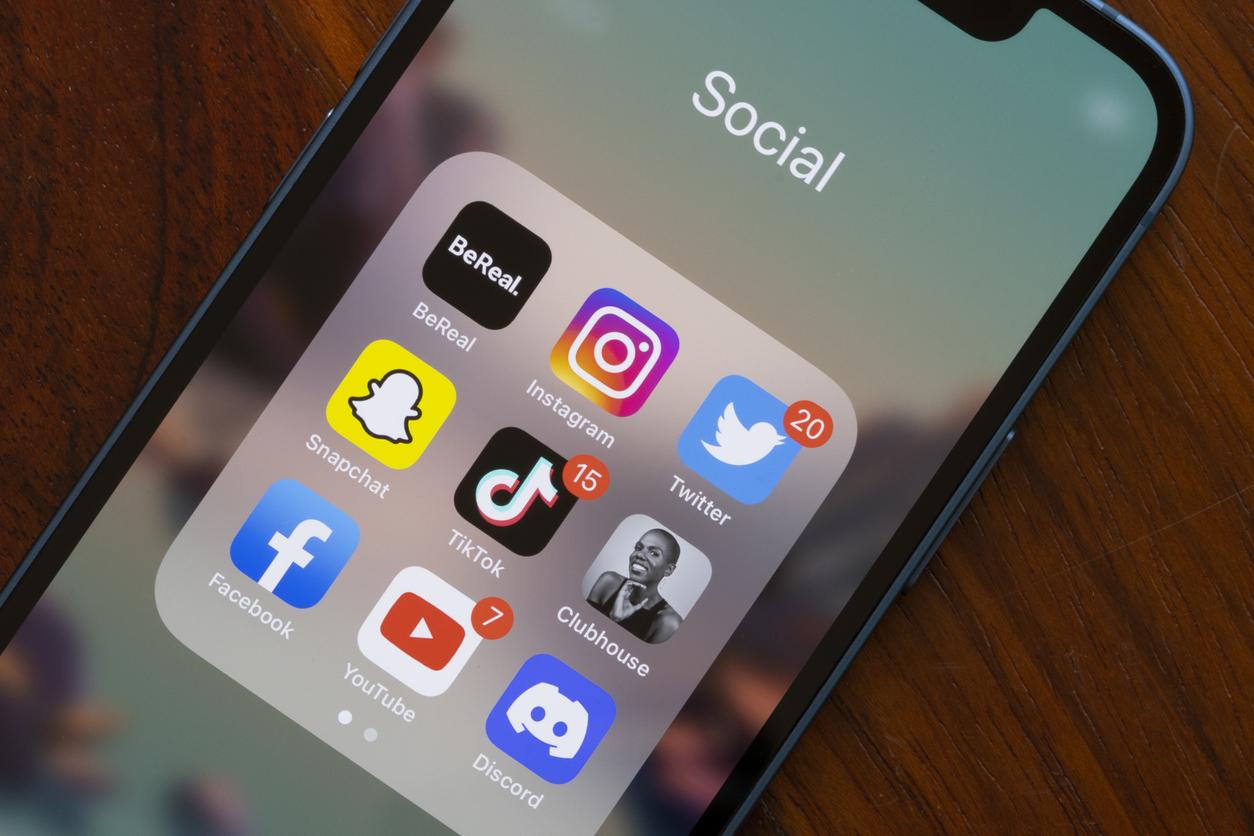Subtle differences in the wording of social media messages may be enough to influence students’ opinions about depression and anxiety and their treatment.

- In one study, students were asked to read tweets about mental health with a “growth mindset” or a “fixed mindset.”
- In the case of fixed mindset, messages described mental health as a fixed state that does not change. For growth mindset, the focus was on the ability to recover from a mental disorder.
- Participants with the growth mindset adopted less pessimistic beliefs about their ability to alleviate depressive and anxiety symptoms than those with the fixed mindset.
“One of the barriers to seeking, adopting and engaging in treatment is the belief that there is nothing that can be done to reduce symptoms,” said scientists from Ohio State University (United States). Given the widespread use of social media to disseminate information about important issues, including mental health, they sought to understand how the influence of communication regarding mental disorders impacts young people’s beliefs regarding their care. charge and their healing.
Reading mental health tweets with two different mindsets
As part of a study, published in the journal Journal of Clinical Psychology, the team recruited 322 students who were randomly assigned to three groups. They were asked to view a series of tweets about mental health with a “growth mindset,” a “fixed mindset,” or a control condition where the messages did not involve mental health at all. Growth mindset refers to the belief that mental health can be improved with effort, while fixed mindset is the belief that it cannot change no matter how much effort is made .
After reading the messages, the volunteers answered a questionnaire assessing their beliefs about how long depression and anxiety last and whether they disappear, about the effectiveness of treating depression and anxiety, and about the amount of control patients have over their recovery after suffering a mental disorder.
Depression, anxiety: the messages influence “the belief that they have the possibility of getting better”
The results showed that participants who read the tweets with a growth mindset were more likely than others to say that depression and anxiety are not necessarily permanent conditions and that one can take action. measures to alleviate the symptoms. In contrast, young people who read messages with the fixed mindset were less optimistic about the duration of mental illness and the patients’ ability to take steps to reduce symptoms.
“It was just a few minutes of reading these tweets, with small variations in how the mental health messages were worded. But it made a difference in what the volunteers said they believed. So, These relatively subtle messages can influence their belief that they have the ability to overcome their depression and anxiety and get better. the researchers said.
Improving Mental Health Beliefs Through Social Media Communication
According to the team, these results could be encouraging for several reasons. Social media posts focused on growth mindset can help persuade people suffering from depression or anxiety that it’s worth seeking help. Additionally, for those already in care, these messages can provide a boost and convince them that hard work in therapy can ultimately pay off. “Clinicians may be able to use the platforms to promote functional beliefs around mental health,” can we read in the research conclusions.


















